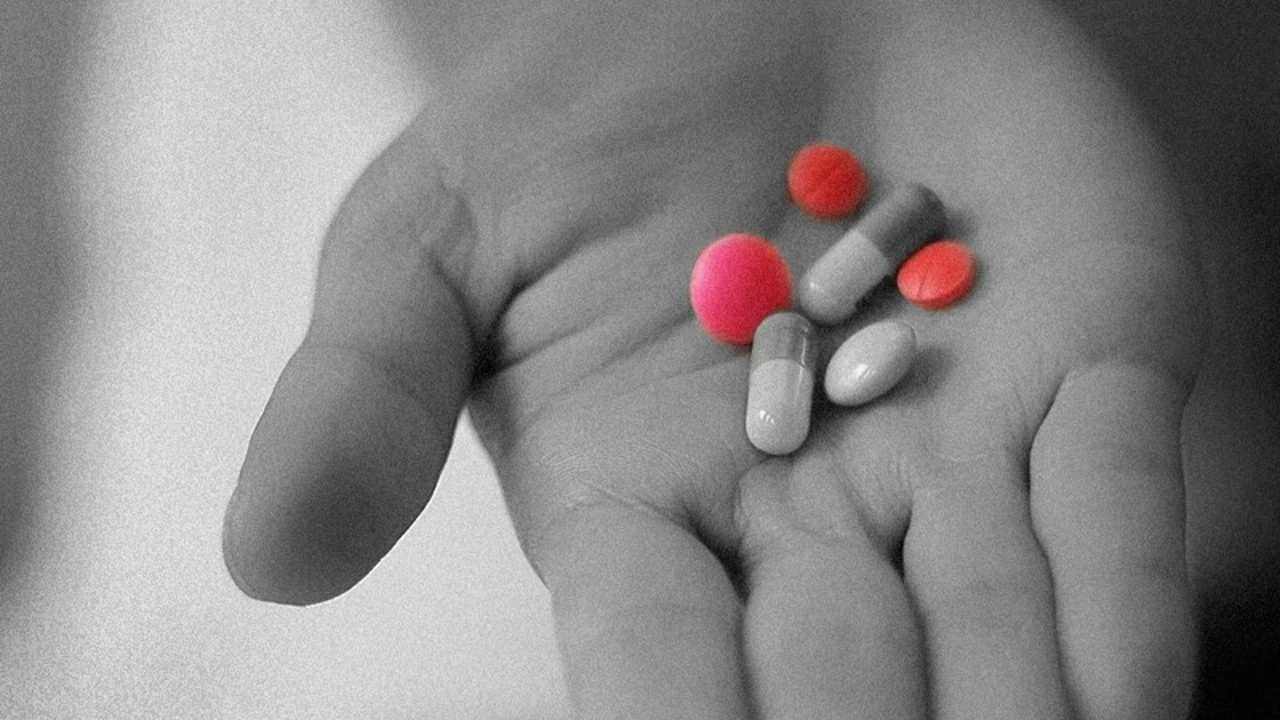Homeless Populations: Practical Health and Medication Help
Being unhoused changes how you get and keep medicines. You may worry about where to store pills, how to see a doctor, or how to afford refills. This page gives clear, useful steps you can use right away — not theory, but things people actually do to stay safe and get care.
Where to get care fast
Start with local options: community health centres, drop-in clinics, mobile health teams and shelter-based nurses. These services often don’t require ID and can help with prescriptions, wound care, mental health and referrals. If you’re in crisis — severe breathing trouble, chest pain, overdose, or uncontrolled bleeding — call 911 or go to the nearest emergency room.
Ask the shelter staff or outreach workers which clinics accept walk-ins. Many Canadian cities have harm-reduction sites and needle exchanges that also connect people to primary care and housing supports. Don’t wait until things get worse — small problems become big ones fast without basic care.
How to get and keep your meds safe
Keep a simple paper list of your meds, doses, and the prescribing doctor. If possible, store medicines with shelter staff or a trusted outreach worker rather than carrying everything all the time. For pills that must stay cool, ask about locker space or refrigerated storage at a clinic.
If you have complex meds (insulin, blood thinners, psychiatric drugs), try to get blister packs or weekly pill organizers from a pharmacy. These reduce mistakes and make it easier for support workers to help you follow your treatment.
Affording meds is a big issue. Ask clinics about provincial drug programs, compassionate supplies, or short-term emergency prescriptions. Prescription discount cards and manufacturer coupons can cut costs — bring them to any pharmacy. Never buy cheap meds from an unknown website or street seller; fake meds are common and dangerous.
Want to save on specific drugs? Look for verified Canadian pharmacies and check a pharmacy’s licensing. Our site covers tips on safe online buying, how to spot scams, and how coupon cards work — useful if you must order or refill remotely.
Mental health and addiction care matter. Many cities offer low-barrier counseling, substitution therapy, and peer-support groups. If you’re on a medication that needs close follow-up (like antidepressants or blood thinners), tell the clinic so they can set up reminders or more frequent checks.
Finally, keep your medical paperwork organized. A photocopy of prescriptions, contact info for your prescriber, and a short health summary make it easier to get help when you move between shelters, clinics, and hospitals.
Need more specific guides? Browse articles on safe online pharmacies, prescription savings, and managing common medications. Practical steps and local help can make a real difference — keep this page handy and share it with outreach workers or friends who help you get care.

Atazanavir and HIV Treatment in Homeless Populations
Hello folks! In today's post, we're diving into a critical health issue - HIV treatments in homeless populations, with a keen focus on Atazanavir. This exceptional antiretroviral drug has been instrumental in helping numerous HIV patients across different backgrounds. But, our main concern today is how this treatment can benefit homeless populations, who often struggle with access to healthcare. Together, we'll unpack some valuable insights on how to bridge this gap. Stay tuned!
Read more